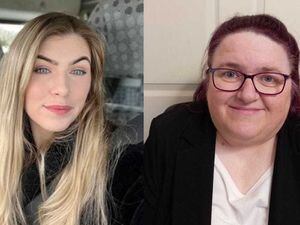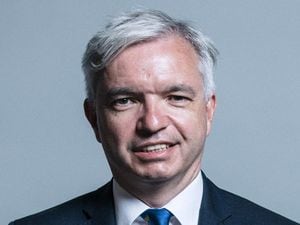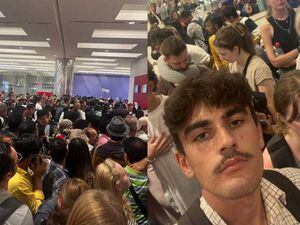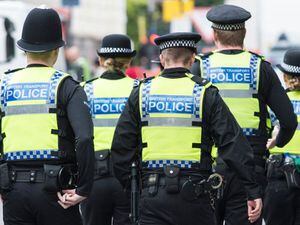Cuts to addiction services ‘could condemn young people to life of dependence’
The Royal College of Psychiatrists reports that consistent budget cuts have left young people with no route to help for addiction.

Cuts to addiction services for young people risk “condemning” them to a lifetime of dependence and poor health or even an early death, psychiatrists have warned.
The Royal College of Psychiatrists (RCP) reported that between 2013/14 and 2020/21, budgets were cut by more than a third (37%), amounting to about £26 million, leaving thousands of young people with limited access to drug and alcohol treatment or specialist help.
The RCP is calling on the Government to inject £43 million into public health funding for councils, to bring spending on youth addiction services back up to 2013/14 levels.
Dr Emily Finch, vice-chairman of the addictions faculty at the Royal College of Psychiatrists, said: “These cuts risk condemning a generation of vulnerable young people with drug or alcohol problems to a lifetime of dependence and poor health, or in some cases, an early death.
The RCP said there was a 40% fall in the number of young people accessing treatment in England, down from 14,802 in 2014/15 to 8,835 in 2020/21, across the period from April-January, with the biggest decrease in the past year.
The RCP reports: “Nearly half (46%) of young people accessing services said they had a problem with alcohol, making it the second most common problem substance.
“In 2018/19 there were over 40,000 alcohol-related admissions among the under 24s and 26% of these were for mental and behavioural disorders due to the use of alcohol.”
“Addictions services do have a cost, but the cost of addiction to society is far greater.
“The £43 million we are calling for is nothing less than an essential investment in the health of our young people.”
There are growing concerns over the use of cannabis by young people.
The RCP quotes research from the Society for the Study of Addiction, which shows that in 2017/18, nearly nine out of 10 (88%) of young people accessing addiction services said they had a problem with cannabis use.
The same study found that the proportion of THC – the main psychoactive compound in cannabis – had doubled from 2006 to 2016, from 5% to 10%, potentially increasing the likelihood of mental health problems for those who use the drug.





